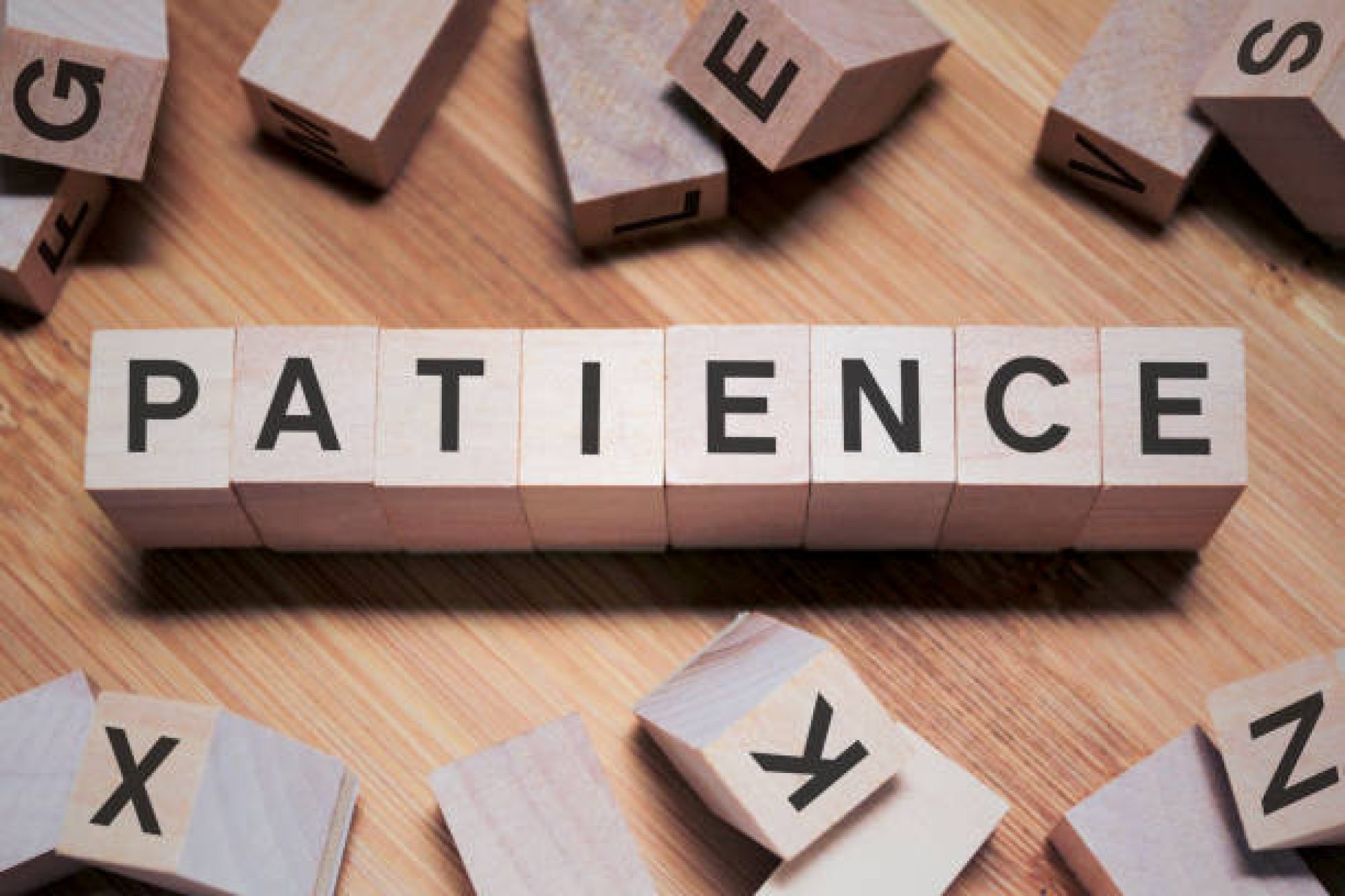In today’s fast-paced society, patience is a virtue that is often ignored. We live in a society that emphasizes rapid satisfaction and quick results, but what if we told you that embracing the power of patience can improve your life?
In the following article, we will look at the science of patience, its benefits, and how it can improve your personal and professional life. We will also share methods for growing patience, as well as real-life instances of people who have used it to their advantage.
Understanding Patience and Its Advantages
“Patience is the ability to remain calm and endure in the face of adversity without becoming irritated or agitated.”
It is not the same as passivity or resignation; rather, it is an intentional decision to believe in the process and trust that all will work out in the end.
Patience has a number of advantages, including better mental health, better relationships, and higher productivity.

- Reduced anxiety:
One of the most important advantages of patience is that it can help to alleviate tension and anxiety. We often feel out of control of situations when we are impatient, which can lead to feelings of irritation and powerlessness. When we practice patience, however, we feel more in control of our emotions and are better prepared to deal with stressful situations.
- Improved interpersonal relations:
Patience can also lead to improved interpersonal interactions. We are more willing to listen to others’ needs and worries when we are patient with them, which can lead to deeper relationships and stronger partnerships.
- Self compassion:
Being patient with ourselves increases our likelihood of practising self-compassion and forgiveness, which can improve our general well-being.
The Science of Patience:

Patience isn’t simply a hazy concept; it’s backed up by science. A study published in a journal found that patients who were more patient had lower levels of cortisol, a stress hormone. This shows that exercising patience and tolerance can improve one’s general health and well-being.
Another study discovered that people who practised patience and tolerance were more likely to make good decisions. According to research, those who are less patient are more inclined to prefer smaller, immediate benefits over larger, delayed profits. This shows that practising patience can help you make better decisions and achieve long-term success.
How practising patience can improve your personal life?
Practising patience can have a significant impact on your personal life. When you are patient, you are better able to handle challenging situations and make more informed decisions. Furthermore, patience can lead to improved connections with family and friends. You are more inclined to listen to others’ wants and worries when you are patient with them, which can lead to deeper connections and stronger bonds.
Practising patience can also lead to greater self-awareness and compassion. You are more likely to practise self-care and forgiveness when you are patient with yourself, which can improve your general well-being. Furthermore, when you are patient with yourself, you are more likely to create and attain reasonable goals.
How Practising Patience Can Improve Your Professional Life?
Practising patience might also help you in your work life. When you are patient, you are less likely to make rash judgements that could harm your career. In addition, patience may contribute to better communication abilities. You are more inclined to listen to others’ wants and concerns when you are patient with them, which can lead to improved collaboration and teamwork. Practising patience can also contribute to higher productivity. When you are patient with yourself, you are more likely to set achievable goals and work towards them in a strategic way. This can lead to increased efficiency and better results.
Advice on how to develop patience:

Patience requires practice, but it is a skill that can be mastered. Here are some suggestions for growing patience in our lives:
- Mindfulness can help you become more aware of your thoughts and emotions, allowing you to better regulate your reactions to tough situations.
- Take deep breaths: If you notice yourself growing agitated, take a few deep breaths to help calm your mind and body.
- Practising gratitude can help you shift your focus from what you don’t have to what you do have, which can help you feel more patient.
- Creating realistic expectations can help you avoid being frustrated when things don’t go as planned.
- Self-compassion: When you make mistakes, be kind to yourself and forgive yourself.
The Dangers of Impatience and How to Avoid Them?
Impatience can lead to a variety of bad outcomes, such as increased stress, strained relationships, and poor decision-making. It is critical to practise patience and self awareness in order to avoid the hazards of impatience. When you notice yourself becoming frustrated, take a step back and try to figure out why you’re feeling that way. Also, try to practise self-compassion and forgiveness, both for yourself and for others.
Real-Life Examples of People Who Have Used Patience:
There are several examples of people who have used patience to attain their aims. J.K. Rowling, for example, experienced multiple rejections before finally having her first Harry Potter book published. Another example is Abraham Lincoln, who lost numerous elections before winning the presidency. Both of these people showed tenacity and patience in the face of adversity, which led to their achievement.
Conclusion
Finally, the value of patience should not be overestimated. Practising patience can lead to better mental health, better relationships, and higher productivity. Likewise, patience can lead to improved decision-making abilities and long-term success. To practise patience, mindfulness, deep breathing, thankfulness, setting realistic expectations, and self-compassion. You may change your life for the better by mastering the power of patience. Remember that patience is a learned skill, but the rewards are well worth the effort!

